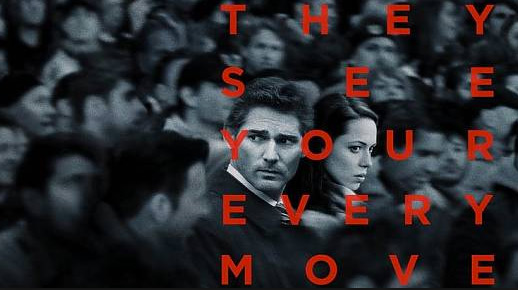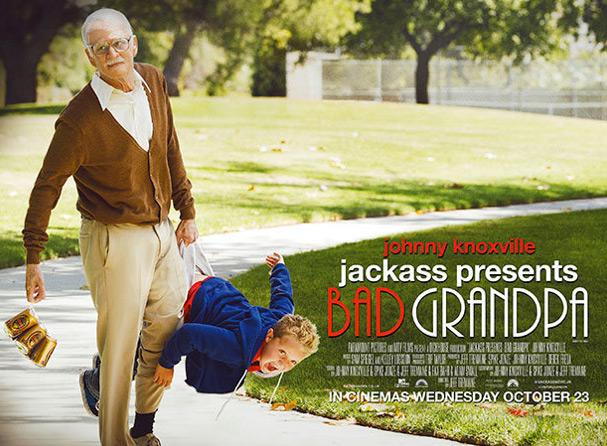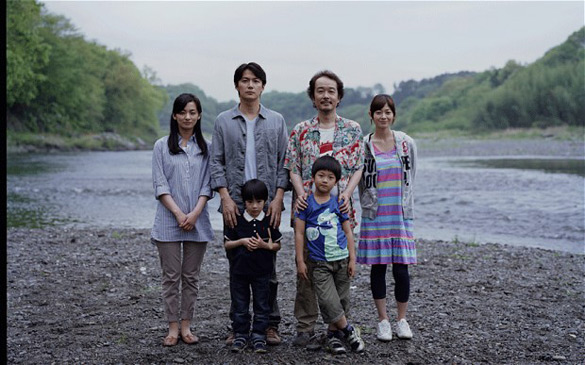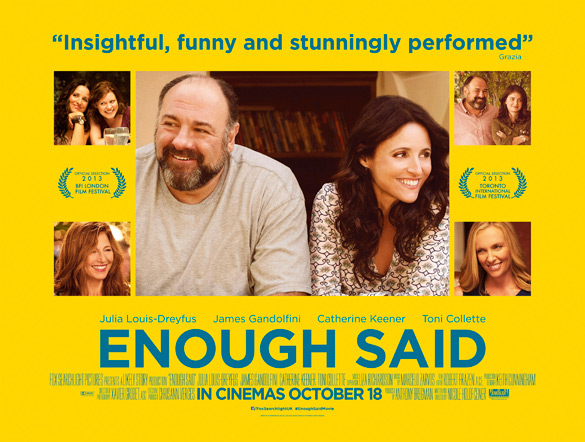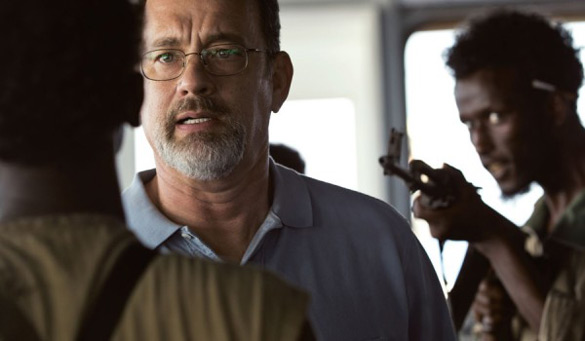LFF 2013: Gravity ****
The promise of Sandra Bullock and George Clooney battling to stay alive in Space, within a 2001: A Space Odyssey context is a great pull, as much as Gravity itself. The added buzz is the film is Children of Men director Alfonso Cuarón’s creation. All good so far. However, Space alone is mesmerising to watch on a screen, and while this film is visually spectacular and has to be seen on the big screen for full 3D effect, it’s hard to become fully emotionally involved in what happens to the characters themselves. Still, it’s a powerfully disorientating experience that will leave you dizzy and breathless.
After a Russian satellite explodes, debris is on a destructive collision course with the Hubble Telescope, being fixed by rookie astronaut, engineer Dr Ryan (Bullock) under the command and watchful eye of veteran astronaut and mission leader Matt Kowalsky (Clooney). When the inevitable happens, resulting in the demise of life and craft, the survivors must try to find a way back to Earth after losing contact with Mission Control.
This is another absorbing survival story on offer from this year’s LFF, like Tom Hanks’ Captain Phillips and Robert Redford’s All Is Lost. However, unlike these former films, we can only imagine what it would be like to try and survive a disaster in Space, whereas some know what it’s like to be threaten with violence; most know what it’s like to be in open water. This is one of two very minor issues that affect an absolute full, rich intensity that the film hype promises. All that can be tapped into is the desperate isolationism.
The second niggle is Cuarón’s hurriedness to remove players to get to that point of imposed solitude that it feels as though we lose character insight and vital rapport that would put us more firmly in the centre of how serious the situation is. Without giving the game away, only one survivor is left midway through, and though it’s an impressive performance for this particular actor (but nothing extraordinary), this is where the film relies heavily on action shots triggered by more catastrophes to propel it back to earth.
That said it’s the simplicity of the whole situation, in filmmaking terms, that is astounding and triumphant. Even though Gravity relies heavily on Space shots for wow factor, Cuarón marries the feeling of vast space and claustrophobia brilliantly. There are also moments of doubt as to the credibility of certain proceedings, but the filmmaker relies on some suspension of disbelief, and as it happens in Space, only a small percentage would ever know whether what is on offer would ring true.
Although some of the storytelling is less than stratospheric, Gravity revolves and draws you in with pictorial wonderment, leaving you a virtual prisoner in Space to what is happening with explosive tension. It is a technical masterpiece for Cuarón.
4/5 stars
By @FilmGazer



